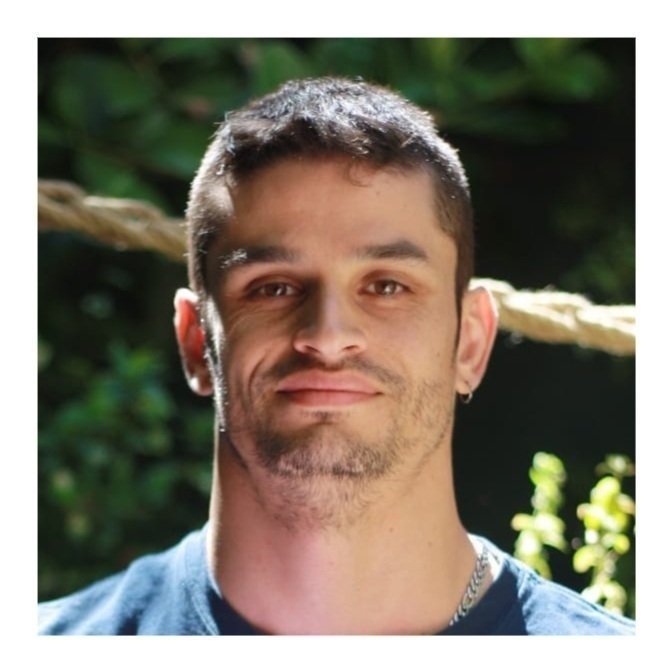Nature-based Tourism and Cryosphere Conservation: Climate, Gaps and Actions
Abstract
While a considerable body of literature addresses the interrelationships between tourism and climate change in Arctic and sub-Arctic regions, little is known about the tourism-climate change nexus in southern peripheries, such as the high Andean mountains and sub- Antarctic areas. Moreover, although the cultural and economic importance of ice- and snow- based tourism is well documented in northern regions, the socioeconomic characteristics of southernmost areas remain under-researched.
Several unanswered questions persist regarding the significance of ice- and snow-based tourism for local communities, as well as the specific challenges faced by the tourism sector and policymakers in the context of rapidly changing climate conditions. Additionally, there are gaps in knowledge regarding nature protection instruments for cryospheric components, such as permafrost, periglacial features, and snow formations like ‘penitentes’ in the Andes.
Thus, this research theme aims to foster interdisciplinary exchange at the intersection of nature-based tourism and nature conservation, with particular emphasis on snow- and ice- covered areas that are highly vulnerable to the effects of climate change. Building upon our combined expertise from Chile and Sweden, we seek to address these research gaps, share our reflections, and propose further actions that can inform policies and practices at the intersection of nature-based tourism and nature conservation, with special focus on periglacial and cryospheric landscapes, which are highly relevant to both Chile and Sweden.
Key words: cryotourism, geotourism, conservation, climate change, snow, glaciers
EXPECTATIONS FOR PARTICIPANTS
We envision the participants’ contributions in the following ways: First, by providing diverse case studies for our discussion. This is particularly valuable as each case study addresses different geographic and sociocultural contexts, enriching the conversation and offering a range of experiences from which various conclusions can be drawn from. Second, we expect participants to share their expertise in critically analyzing research gaps, offering reflections, and proposing actions within the context of climate change and sustainability. Third, we anticipate that participants will engage in interdisciplinary discussions, with a focus on climate change and sustainability issues. Finally, we encourage participants to contribute with creative and innovative approaches to discussing and disseminating the results of this workshop.
Sebastian Ruiz,
Pontificia Universidad Católica de Chile
Sebastián is a postdoctoral researcher at the Hydraulic and Environmental Engineering Department at PUC. His research focuses on high mountain permafrost hydrology and the assessment of environmental impacts in the Andes. He is a member of the PermaChile international monitoring network and serves as a supervisor for the Permaintern internship program, both of which aim to integrate students with cryosphere research.
Cenk Demiroglu, Umeå University
O. Cenk Demiroglu is an associate professor at the Department of Geography and affiliated with the Arctic Centre and Humlab. His research is mainly focused on the interrelationships of climate change and ski tourism. Besides, he has served as an expert to several destination development projects and teaches tourism and geographical information systems related courses at the basic and advanced levels.
CONTACT US:
Sebastian: spruiz@uc.cl
Cenk: cenk.demiroglu@umu.se




